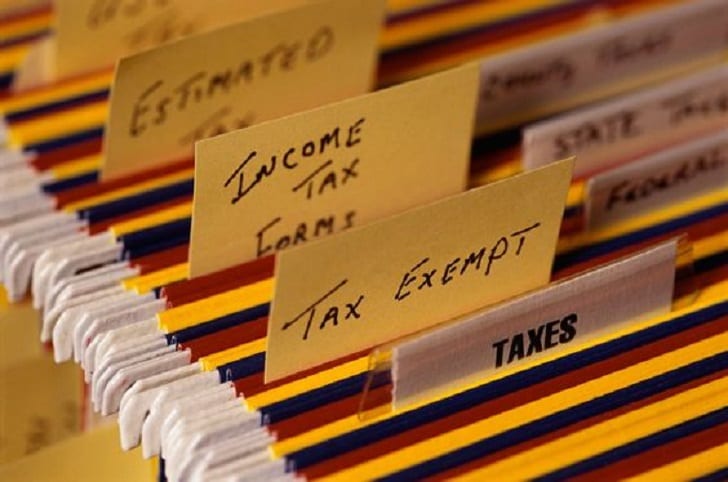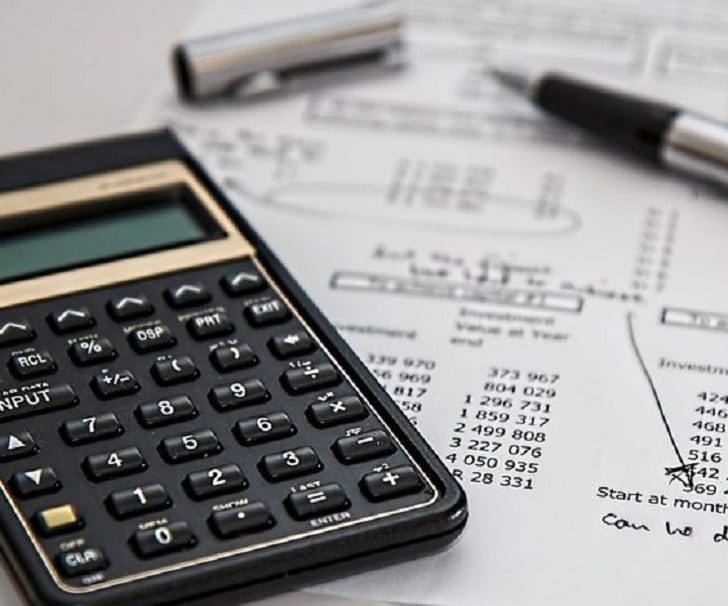Paying ever-rising taxes and meeting the associated deadlines has always been a problem for most people. And in the years to come, people worldwide are expected to pay even more to the government than before. That’s why everyone wants to reduce the amount they pay to taxes so that it doesn’t seem like a burden.
With that consideration in mind, we’ve curated this list of tips to help taxpayers cut their bills and better organize their finances. Note that this advice can be implemented at any time of the year instead of right before the due dates.

Pinterest | These tips can help you save on your yearly taxes
Learn about changes in tax laws
Only a few people are ever eager to read about tax laws. However, you should give credit to the fact that the laws are always going upside down and undergoing changes. So, you should become familiar with them so that you know precisely where your money goes.
Use your losses to offset the gains
When you’re exposed to an investment loss, you should try to minimize its after-effects as much as possible. Know that you are required to pay taxes only on the profits made throughout the year. Thus, you may be able to reduce your taxes by rounding off your gains against your losses. For example, if you have $8,000 of profit and a $6000 loss, you can pay taxes only on the $2,000 of net profit.
Read – Why Do You Have To Pay Taxes?

Pinterest | Stay updated with tax laws, and use the profit-loss offsetting strategy
Open a Health Savings Account (HSA)
An HSA account isn’t taxed for health care expenditures. So, the money in the account can accumulate over the years, and you can invest and grow it. Once you’re 65 years old, you can withdraw money from the HSA for any purpose and pay applicable taxes on your withdrawals.
Use a Flexible Spending Account (FSA)
This is another account where you can deposit your money and later spend it free of taxes on health care expenses. Not quite as cool as HSA, you need to use most of your FSA account budget every year, or you lose it. However, if you plan well, this can save you a lot of taxes.
Track your expenses and income
Make your life easier by maintaining a tax folder that remains with you throughout the year. Here you can keep any receipts or documents that support your tax status. For example, you must save the receipts from charitable and medical spending to reduce potential tax deductions. Track your spending, too. If you find that you’ve spent a lot on healthcare by the end of the year, you may be able to use the receipts to cut out your taxes a little.

Unsplash | If it gets too messy for you to handle, hire an expert
In Conclusion
Don’t let tax issues burden you. If you can’t plan on your own, there’s no shame in hiring someone to help with strategies and preparations. Using some of the tips above, you can boost your financial condition and possibly save thousands of dollars.










